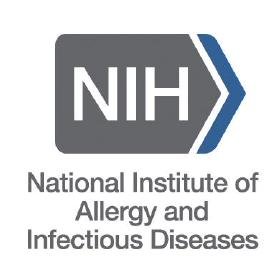Research Overview
Our research focuses on the role of the microbiota (bacteria, fungi, and viruses that inhabit a niche) in chronic airway diseases including chronic rhinosinusitis (CRS), asthma, cystic fibrosis, and neurodegenerative disease. We’re using a multi-’omic approach paired with in vitro and in vivo models to understand how our microbes interact with each other and the host to drive disease pathologies.
Funding Sources
Ecology of the airway and GI microbiome and immune response in health and disease
Chronic rhinosinusitis (CRS)
Airway Disease
Our lab investigates the effect of airway microbial communities in chronic rhinosinusitis (CRS). CRS affects approximately 1 in 7 adults in the US and is related to other conditions such as asthma, allergies, and cystic fibrosis. We use a multi-omics approach paired with hypothesis driven murine and in vitro models to understand the microbial and host immune responses in this complex disease.
Bacterial-Fungal Interaction in Health and Disease
Microbial Interactions
Microbes living in a defined niche interact with each other directly, through attachment and co-aggregation, and indirectly, through secretion of compounds, modification of the environment, or by altering nutrient availability. These interactions may be central to host health status.









